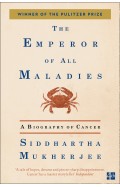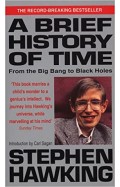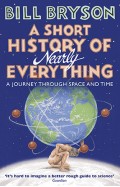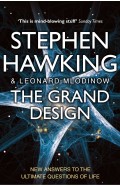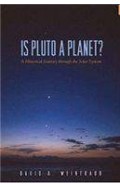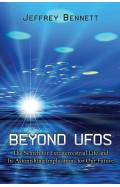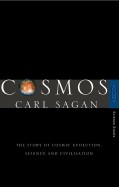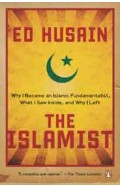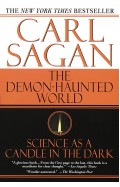The Medea Hypothesis Is Life on Earth Ultimately Self Destructive
By: Peter Ward
-
Rs 1,127.50
- Rs 2,050.00
- 45%
You save Rs 922.50.
Due to constant currency fluctuation, prices are subject to change with or without notice.
| Book | |
| What's in the Box? | 1 x The Medea Hypothesis Is Life on Earth Ultimately Self Destructive |
The Medea Hypothesis Is Life on Earth Ultimately Self Destructive
By: Peter Ward
Rs 1,127.50 Rs 2,050.00 Ex Tax :Rs 1,127.50
Zubin Mehta: A Musical Journey (An Authorized Biography)
By: VOID - Bakhtiar K. Dadabhoy
Rs 472.50 Rs 1,050.00 Ex Tax :Rs 472.50
Is Pluto a Planet?: A Historical Journey through the Solar System
By: David A. Weintraub
Rs 4,676.75 Rs 7,195.00 Ex Tax :Rs 4,676.75
Beyond UFOs: The Search for Extraterrestrial Life and Its Astonishing Implications for Our Future
By: Jeffrey Bennett
Rs 4,156.75 Rs 6,395.00 Ex Tax :Rs 4,156.75
The Islamist Why I Became an Islamic Fundamentalist What I Saw Inside and Why I Left
By: Ed Husain
Rs 270.00 Rs 600.00 Ex Tax :Rs 270.00
The Demon Haunted World Science As A Candle In The Dark
By: Carl Sagan
Rs 3,595.50 Rs 3,995.00 Ex Tax :Rs 3,595.50
No similar books from this author available at the moment.
No recently viewed books available at the moment.
Zubin Mehta: A Musical Journey (An Authorized Biography)
By: VOID - Bakhtiar K. Dadabhoy
Rs 472.50 Rs 1,050.00 Ex Tax :Rs 472.50
The Medea Hypothesis Is Life on Earth Ultimately Self Destructive
By: Peter Ward
Rs 1,127.50 Rs 2,050.00 Ex Tax :Rs 1,127.50











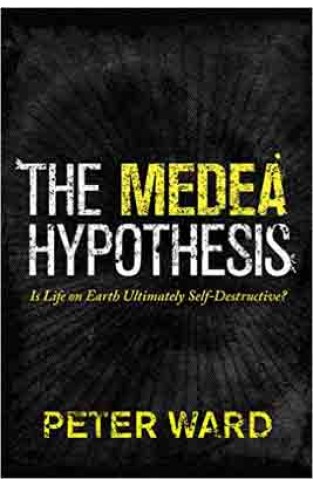
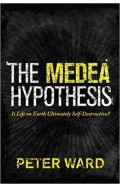
-120x187.jpg?q6)





